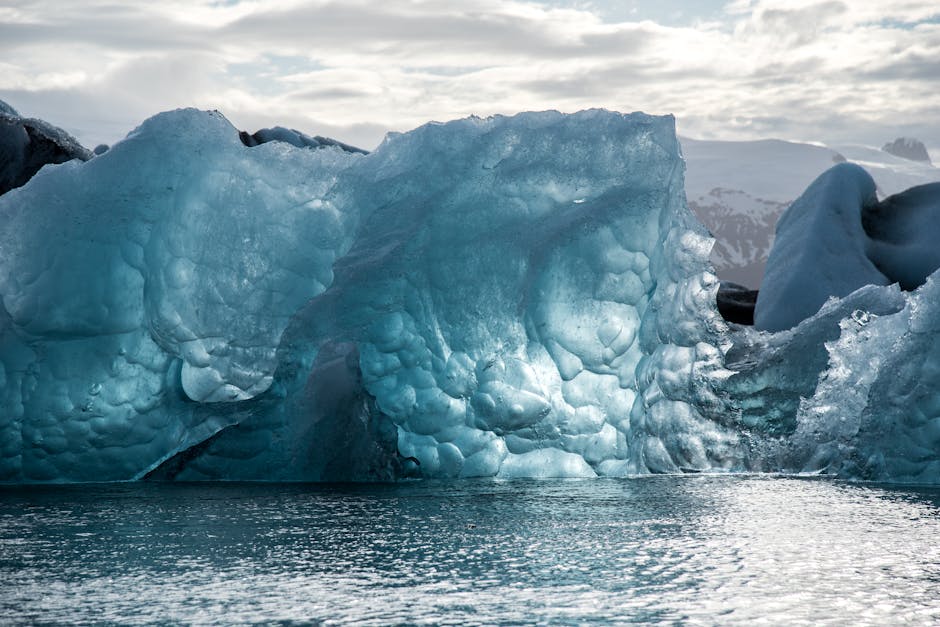Global warming, often referred to as climate change, is a phenomenon attributed to the significant rise in Earth's average surface temperature due to greenhouse gases released by human activities. These gases, such as carbon dioxide and methane, trap heat in the atmosphere, leading to numerous consequential effects on our planet.
**Rising Sea Levels:**
One of the most noticeable impacts of global warming is the rise in sea levels. As the planet's temperature increases, glaciers and ice caps melt, contributing to an increase in ocean volume. This rise in water levels poses significant threats to coastal communities, causing erosion, flooding, and the displacement of populations.
**Extreme Weather Events:**
Global warming amplifies the intensity and frequency of extreme weather events. Heatwaves, droughts, and wildfires become more prevalent, while storms, floods, and hurricanes gain strength and can cause widespread devastation. These events pose significant risks to human life, infrastructure, and ecosystems.
**Changes in Precipitation Patterns:**
The changing climate disrupts precipitation patterns, leading to both droughts and floods in different regions. In areas where rainfall decreases, agriculture is severely impacted, resulting in crop failures and food shortages. On the other hand, regions experiencing increased rainfall face increased risks of flooding and landslides.
**Biodiversity Loss:**
Global warming threatens the survival of countless species around the world. As habitats are altered or destroyed by rising temperatures, changing precipitation patterns, and extreme weather events, plant and animal species struggle to adapt, leading to population declines and even extinctions.
**Ocean Acidification:**
The increased concentration of carbon dioxide in the atmosphere has a direct impact on the oceans. As the ocean absorbs more carbon dioxide, it becomes more acidic, which can harm marine life. Coral reefs, shellfish, and other calcifying organisms are particularly vulnerable to ocean acidification, which can inhibit their growth and survival.
**Human Health Impacts:**
Global warming poses significant risks to human health. Heat-related illnesses, respiratory problems, and diseases spread by insects and rodents can all increase in frequency and severity as the climate continues to change. Extreme weather events can also lead to injuries, deaths, and the displacement of populations.
**Addressing Global Warming:**
Addressing global warming requires a collective effort. Reducing greenhouse gas emissions through renewable energy adoption, energy efficiency measures, and deforestation reduction is crucial. Additionally, adapting to the changing climate by implementing resilient infrastructure and early warning systems can help mitigate the impacts of climate change.
In conclusion, global warming is a serious threat to our planet, with far-reaching consequences for our environment, society, and health. By understanding the impacts of global warming and taking action to address it, we can work towards a more sustainable and resilient future for generations to come.

